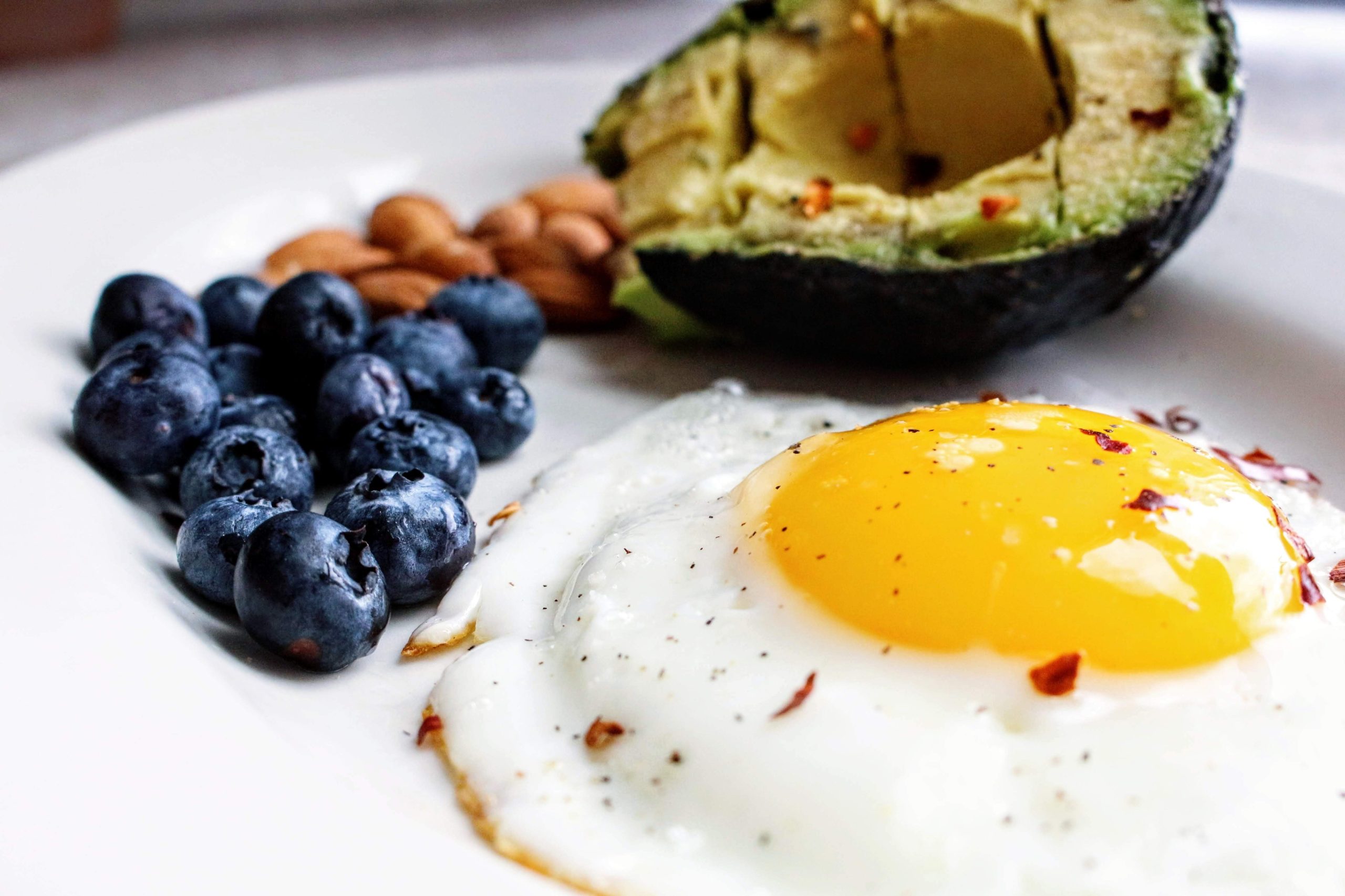There are countless diets out there, each with their own set of rules, restrictions, and promises. With so many options, it can be challenging to decide which best diet is right for you. In this blog post, we’ll compare some of the most popular diets to help you make an informed decision.
-
Keto Diet
The keto diet is a high-fat, low-carb diet that aims to put your body into a state of ketosis, where it burns fat for fuel instead of carbohydrates. This diet is popular for its potential weight loss benefits and has been shown to improve blood sugar control in people with type 2 diabetes. However, the keto diet can be difficult to stick to and may lead to nutrient deficiencies if not followed correctly.
-
Paleo Diet
The paleo diet is based on the idea that we should eat like our ancestors did, focusing on whole, unprocessed foods such as meat, fish, fruits, and vegetables. This diet eliminates processed foods, grains, and dairy. While the paleo diet can be a good way to improve the quality of your diet and reduce processed food intake, some experts argue that it is too restrictive and may lead to nutrient deficiencies.
-
Mediterranean Diet
The Mediterranean diet is based on the traditional eating patterns of people in countries bordering the Mediterranean Sea. This best diet emphasizes whole, unprocessed foods such as fruits, vegetables, whole grains, legumes, nuts, and seeds. It also includes moderate amounts of fish, poultry, and dairy, and limits red meat and processed foods. The Mediterranean diet has been shown to reduce the risk of heart disease and improveoverall health.
-
Vegan Diet
Thevegan diet eliminates all animal products, including meat, fish, dairy, and eggs. This diet is popular for its potential health benefits, including lower risk of heart disease and certain types of cancer. However, the vegan diet requires careful planning to ensure that you get all the necessary nutrients, including protein, iron, and vitamin B12.
-
Plant-Based Diet
A plant-based diet is similar to a vegan diet but may include small amounts of animal products. This diet emphasizes whole, unprocessed plant foods such as fruits, vegetables, whole grains, legumes, nuts, and seeds. It also limits processed foods,added sugars, and animal products. A plant-based best diet has been shown to reduce the risk of chronic diseases, including heart disease and type 2 diabetes.
-
Intermittent Fasting
Intermittent fasting is not a diet per se, but rather an eating pattern. This approach involves alternating periods of fasting with periods of eating. There are many different types ofintermittent fasting, including the 16/8 method, where you fast for 16 hours and eat during an 8-hour window. Intermittent fasting has been shown to improve insulin sensitivity and aid in weight loss.
There is no one-size-fits-all best diet that works for everyone. The key is to find a diet that you can stick to and that meets your nutritional needs. Whether you choose a high-fat, low-carb keto diet, a plant-based diet, or something in between, it’s important to focus on whole, unprocessed foods and limit processed foods and added sugars. With the right diet and lifestyle changes, you can achieve optimal health and well-being.
Image via Pexels

